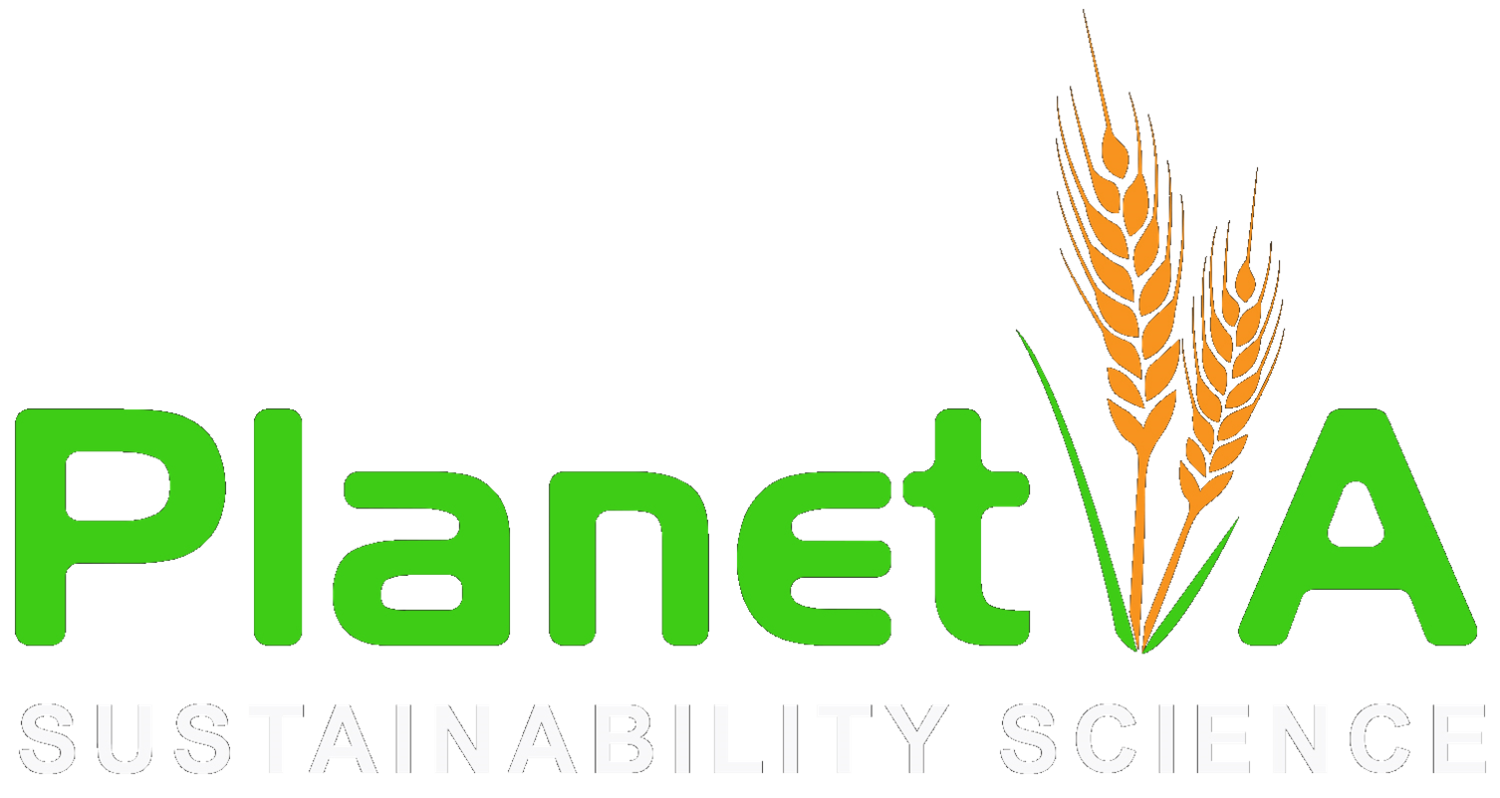A review of socioeconomic indicators of sustainability and wellbeing building on the social foundations framework
2023
Authors
Custodio, H., Hadjikakou, M., and Bryan, B.A.Abstract
Monitoring progress towards key social and economic goals requires a comprehensive understanding of the social, cultural, and economic aspects of sustainability and the indicators available to track their performance. Through a systematic review of 84 studies focusing on socioeconomic indicators of human development, we compiled a comprehensive database of 1389 socioeconomic indicators and examined how they were used, the data required to apply them, and their overall contribution to measuring socioeconomic dimensions of sustainability, including a comprehensive coverage of wellbeing as viewed from a human needs perspective. We mapped the identified indicators against two established frameworks, the social foundations of the safe and just operating space for humanity, and the Sustainable Development Goals (SDGs) to assess alignment and opportunities for extension. We identified socioeconomic indicators of sustainability not fully aligned with existing social foundations and classified these into three new social foundations: Family and Relationships, Perception of Self, and Social Security. Many indicators, especially those related to measuring happiness, hopes and dreams, personal progress, ethnicity and cultural background, physical appearance, or intelligence, were also absent from the SDGs. The extended social foundations along with the proposed indicators are intended to make the concepts of the safe and just space for humanity and the SDGs more inclusive and comprehensive.
Fig. 3: The bar graph (3a) shows the number of indicators used in each World Bank country income group within each category, and the pie chart (3b) shows the distribution for all indicators. The map (3c) shows where the indicators were applied and provides a simpler snapshot of their location.

